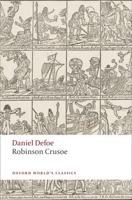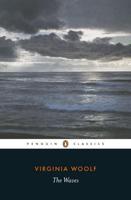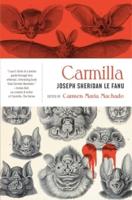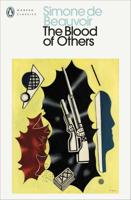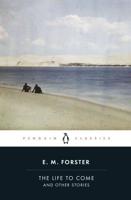Publisher's Synopsis
The story of a character typical to Turgenev - a 'superfluous' man, weak of will, brimming with indecisive frustration - and yet tormented by ideals. Rudin is made impotent by the dissonance of honoring the older generations while at the same time embracing the new bold epoch of pre-revolutionary Russia. The theme of melancholic powerless men coupled with vital idealistic women is prevalent in Turgenev's work, and it would be hard to find a clearer study of the type than RUDIN.Rudin was written in the immediate aftermath of the Crimean War, when it became obvious to many educated Russians that reform was needed. The main debate of Turgenev's own generation was that of Slavophiles versus Westernizers. Rudin depicts a typical man of this generation (known as 'the men of forties'), intellectual but ineffective. This interpretation of the superfluous man as someone who possesses great intellectual ability and potential, but is unable to realize them stems from Turgenev's own view of human nature, expressed in his 1860 speech 'Hamlet and Don Quixote', where he contrasts egotistical Hamlet, too deep in reflection to act, and enthusiastic and un-thinking, but active Don Quixote. The main character of the novel, Rudin, is easily identified with Hamlet.

